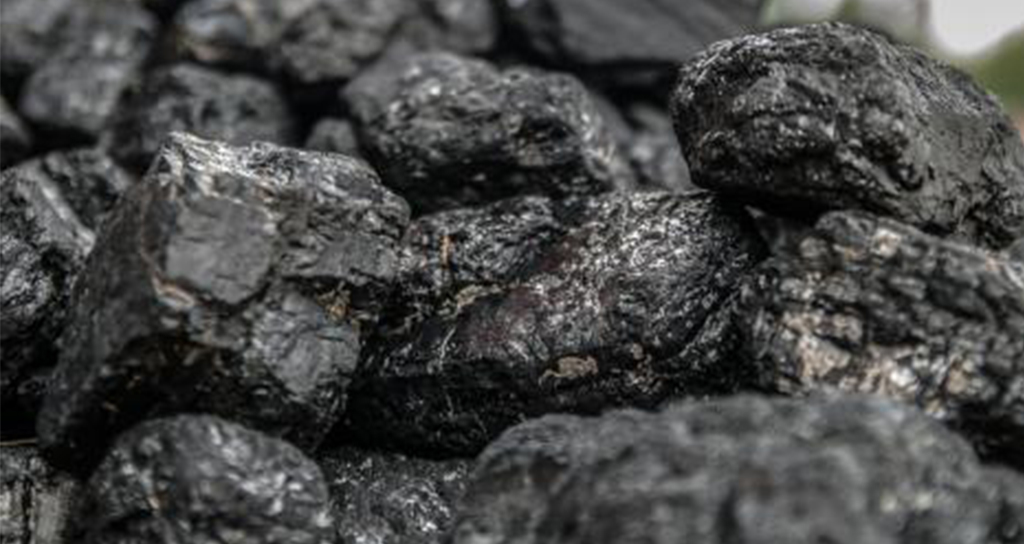Coal Mining in tanzania
Coal mining in tanzania
Coal mining in Tanzania is a relatively small but growing industry. Tanzania has significant coal reserves, particularly in the southwestern part of the country, in regions such as Mbeya and Rukwa. The estimated total reserves are around 1.9 billion tonnes.
The largest coal producer in Tanzania is the Kiwira Coal Mine, located in the Mbeya Region. The mine has been in operation since 1980 and was under state ownership until 2005 when it was privatized. However, the mine has faced operational challenges and has experienced periods of closure and restructuring.
Apart from Kiwira, there are other coal exploration and mining projects in Tanzania, although they are relatively small-scale compared to major coal-producing countries

Key Aspects of Tanzania's Coal Mining
Reserves and Location:
Tanzania possesses substantial coal reserves, estimated at around 1.9 billion tonnes, concentrated in the southern highlands, particularly in Mbeya, Rukwa, and Njombe regions.
Major Projects:
Production and Usage:
Investment and Growth:
The coal mining sector in Tanzania is experiencing growth, attracting considerable investment and with the government promoting linkages between mining activities and the local economy.
Mining Methods:
Frequently Asked Questions About coal mining In Tanzania
1. Does Tanzania have coal reserves?
Yes. Tanzania has an estimated 1.9 billion tons of coal reserves, primarily located in regions such as Mbeya, Songwe, Ruvuma, and Njombe, making it one of East Africa’s largest coal producers.
2. How important is coal mining to Tanzania’s economy?
Coal is increasingly important as Tanzania works to expand energy production, industrial development, and export potential. The government is actively promoting coal projects to meet domestic demand and reduce reliance on imports.
3. Can foreign investors invest in coal mining in Tanzania?
Yes. The sector is open to foreign investment, provided companies comply with Tanzania’s Mining Act, licensing requirements, and local content policies.
4. What licenses are needed for coal mining?
Investors require a Prospecting License (PL) for exploration and a Mining License (ML) or Special Mining License (SML) for extraction, depending on the project’s scale.
5. Who regulates coal mining in Tanzania?
The Ministry of Minerals and the Mining Commission oversee coal mining, ensuring compliance with licensing, safety, and environmental standards.
6. What are the investment opportunities in coal mining?
Opportunities exist in power generation, cement production, steel manufacturing, and exports, as Tanzania’s demand for coal continues to rise with industrial growth.
7. Are there challenges in coal mining in Tanzania?
Yes. Challenges may include infrastructure development in remote mining areas, meeting environmental standards, and navigating regulatory procedures. Local consultants help minimize these risks.
8. How do mining consultants in Tanzania support coal investors?
Mining consultants in Tanzania assist with feasibility studies, licensing, regulatory compliance, environmental planning, and stakeholder engagement to ensure successful, profitable operations.
9. Is coal mining in Tanzania sustainable?
The government requires all coal projects to adhere to environmental and social impact assessments (ESIA), ensuring that operations balance energy needs with environmental responsibility.

Ready to invest in Tanzania's mining sector? Lets help you.
Partnering with us as your mining consultants in Tanzania ensures a professional, end-to-end approach to mineral and gas exploration, enabling clients to make informed decisions and achieve successful project outcomes. Whether launching a new exploration venture or optimizing an existing operation, our comprehensive services are designed to support your goals at every stage of the process.
